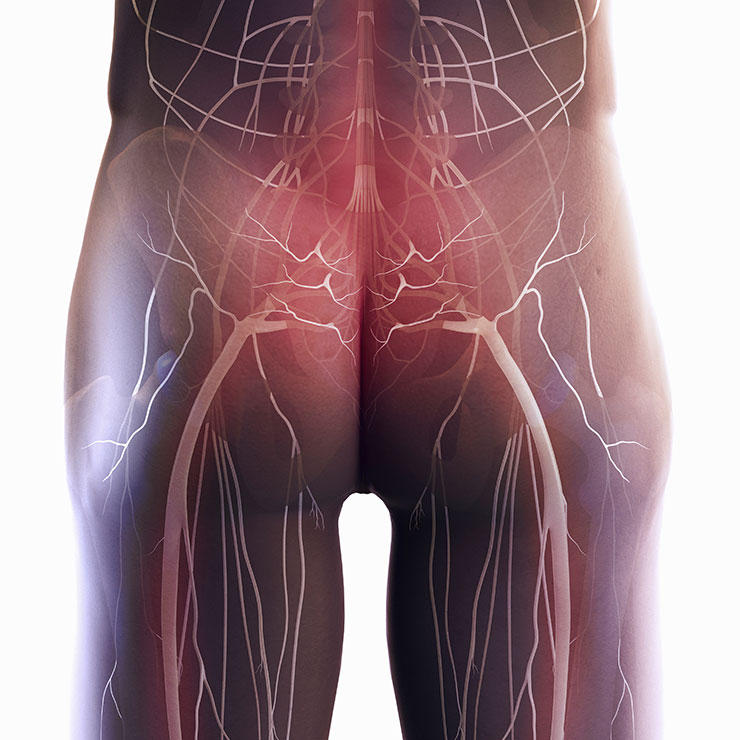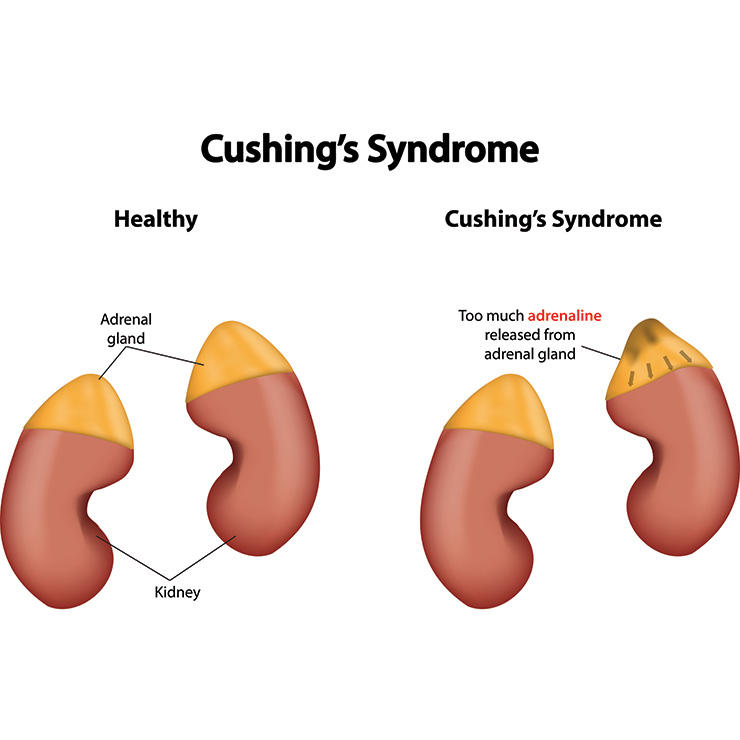5 Surprising Conditions That Can Make You Gain Weight
When the number on the scale starts creeping up, most people know why: Maybe you've been snacking more, exercising less, or enjoying a few too many "cheat" days. But if the pounds are piling on for no apparent reason, you may be wondering if a sluggish thyroid—a common weight-gain scapegoat—is to blame. While hypothyroidism can certainly mess with your metabolism (and your doctor should check to see if that's the case), many other conditions can, too. Here are five that might explain why your jeans are suddenly so snug.
(Get a flat belly in just 10 minutes a day with our reader-tested exercise plan!)
1. Sleep disorders-
15 Foods Nutritionists Eat Every Day
Yes, variety is the spice of life—and one of the keys to a balan
-
How to Adopt an Intermittent Fasting Diet
Intermittent fasting (also known as, IF) is the practice of periodica
-
Weight Loss Tips You Can Count On
TIP! A super-easy way to lose some weight is to ratchet down you
-
Searching For The Best Weight Loss Programs For Your Fitness Goal
Being constantly concerned about your weight is not a healthy or even
-
How to Lose Weight Naturally
Naturally losing weight is a healthy and safe method of weight loss.
-
What I told a Buddy Looking to Lose Some Weight
One of my buddies at work is trying to get ready for baseball se
- DON'T MISS
- Weight Loss
- A New Prostate Cancer Risk Factor
- Doctors Explain The MAIN Thing That Sabotaging Your Weight Loss
- Weight Loss Tip #123 – Have an early lunch every day
- Good Solid Advice About Weight Loss That Anyone Can Use
- Red, Yellow, Green Light Foods
- 5 Surprising Ways To Feel Better About Your Body—Fastvar zeus = zeus
- Great Tips To Help You Lose Weight
- Can You Really Lose Weight Fasting
- Setting Goals For Weight Loss
 2/6
1. Sleep disorders
2/6
1. Sleep disorders
 3/6
2. Depression
3/6
2. Depression
 4/6
3. Pain disorders
4/6
3. Pain disorders
 5/6
4. Cushing's syndrome
5/6
4. Cushing's syndrome
 6/6
5. Menopause
6/6
5. Menopause




